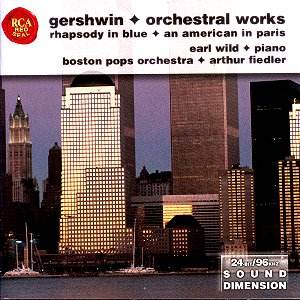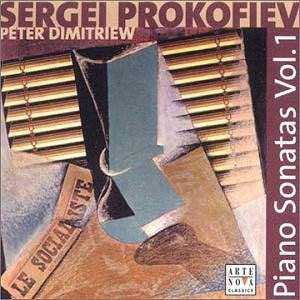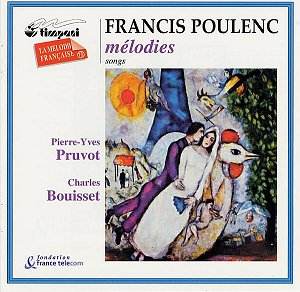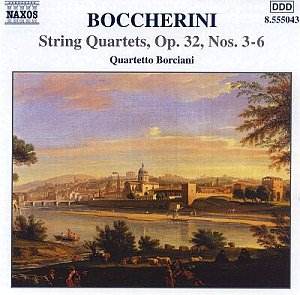 Composer: Johann Strauss II, Josef Strauss, Eduard Strauss
Composer: Johann Strauss II, Josef Strauss, Eduard Strauss
Works: An der schönen blauen Donau, Op. 314; Roses du Sud, Op. 388; Wiener Blut, Op. 354; Fruhlingstimmen, Op. 410; Künsterleben, Op. 316; Kaiserwalzer, Op. 437; G’schichten aus dem Wienerwald, Op. 325; Accelerations, Op. 234; Banditen Polka, Op. 378; Lagunen, Op. 411; Leichtes Blut, Op. 319; Explosions Polka, Op. 43; Schatz, Op. 418; Im Sturmschritt, Op. 348; Unter Donner und Blitz, Op. 324; Wein, Weib und Gesang, Op. 333; and more.
Performers: Johann Strauss Orchestra of Vienna, Willi Boskovsky (conductor)
Recording: 1980-1985, Baumgartner-Kasino, Studio Rosenhügel, Polyhymnia Studio, Vienna
Label: EMI FRANCE 5 74528 2 (5CDs)
The Strauss family’s contributions to the orchestral repertoire, particularly through the medium of the waltz and polka, remain a cornerstone of Viennese musical heritage. With nearly fifteen hundred compositions to their name, the family epitomizes a unique blend of melodic inventiveness and orchestral brilliance. This five-CD set, conducted by the venerable Willi Boskovsky, encapsulates the spirit of this tradition with an array of works that range from the well-trodden classics to lesser-known gems. Boskovsky, a luminary in the interpretation of this repertoire, brings a palpable affection and understanding to the music that resonates throughout these recordings.
Boskovsky’s interpretive choices reveal a deep connection with the idiom of Viennese dance music. The opening track, the iconic “An der schönen blauen Donau,” is not merely a staple but a veritable declaration of the waltz’s allure. Here, the phrasing is graceful, allowing the melody to unfold with natural elegance. The tempo is judiciously chosen, neither rushed nor languid, striking a perfect balance that invites both contemplation and movement. The lush string textures and the warm woodwinds are expertly blended, creating a soundscape that feels both familiar and fresh. The orchestra, comprised of highly skilled musicians drawn from the Vienna Philharmonic, executes every nuance with precision and flair.
The engineering quality of this collection merits special mention. The new transfers breathe new life into these recordings, previously hampered by the limitations of their original formats. The EMI engineers have managed to retain the rich tonal palette of the orchestra while enhancing the clarity of individual instrumental lines. For instance, in “Roses du Sud,” the interplay between the violins and the clarinet is rendered with striking detail, allowing the listener to appreciate the intricacies of Strauss’s orchestration. The dynamic range is well-captured, from the delicate whispers of the strings to the exuberant eruptions of the brass, all contributing to a vivid listening experience.
While comparisons to Boskovsky’s earlier recordings with the Vienna Philharmonic may be inevitable, this set stands out for its cohesive vision and spirited execution. The “Thunder and Lightning Polka” serves as an exhilarating example of the ensemble’s electric energy, showcasing the conductor’s ability to elicit a sense of urgency and excitement from the players. The contrasts of tempo and mood within this piece, coupled with the impeccable timing, highlight Boskovsky’s unparalleled command of the genre. Similarly, the more reflective “Tales from the Vienna Woods” affords an opportunity to revel in the lyrical beauty of the melodies, delivered here with a sense of intimacy and warmth that invites repeated listening.
The absence of English liner notes is a minor drawback for those less familiar with the cultural anecdotes surrounding these works. Nevertheless, the music speaks volumes, and with over five hours of content, this collection offers an extensive journey through the Strauss legacy. Boskovsky’s conducting, characterized by its personal touch and genuine affection for the repertoire, ensures that both the seasoned listener and the newcomer will find much to savor.
This set is an authoritative testament to the enduring charm of the Strauss family’s music, delivered with both technical prowess and emotional depth. The combination of expert orchestral playing, Boskovsky’s insightful interpretations, and high-quality engineering results in a collection that is as engaging as it is enlightening. For those seeking to immerse themselves in the quintessential Viennese sound, this release is an indispensable addition to any classical music library.



